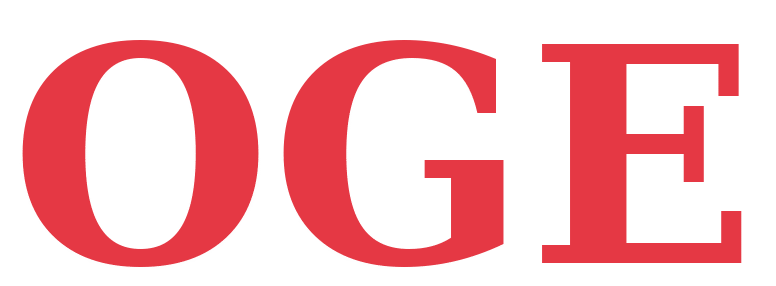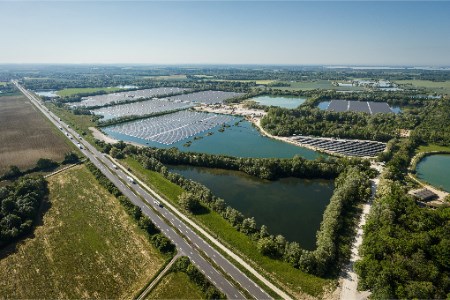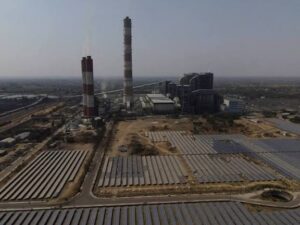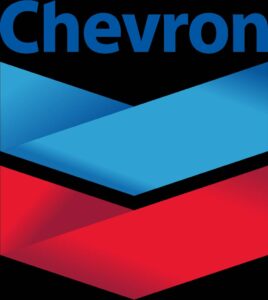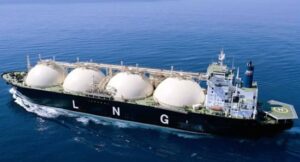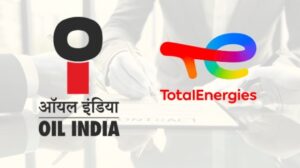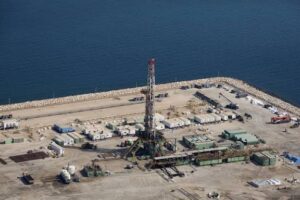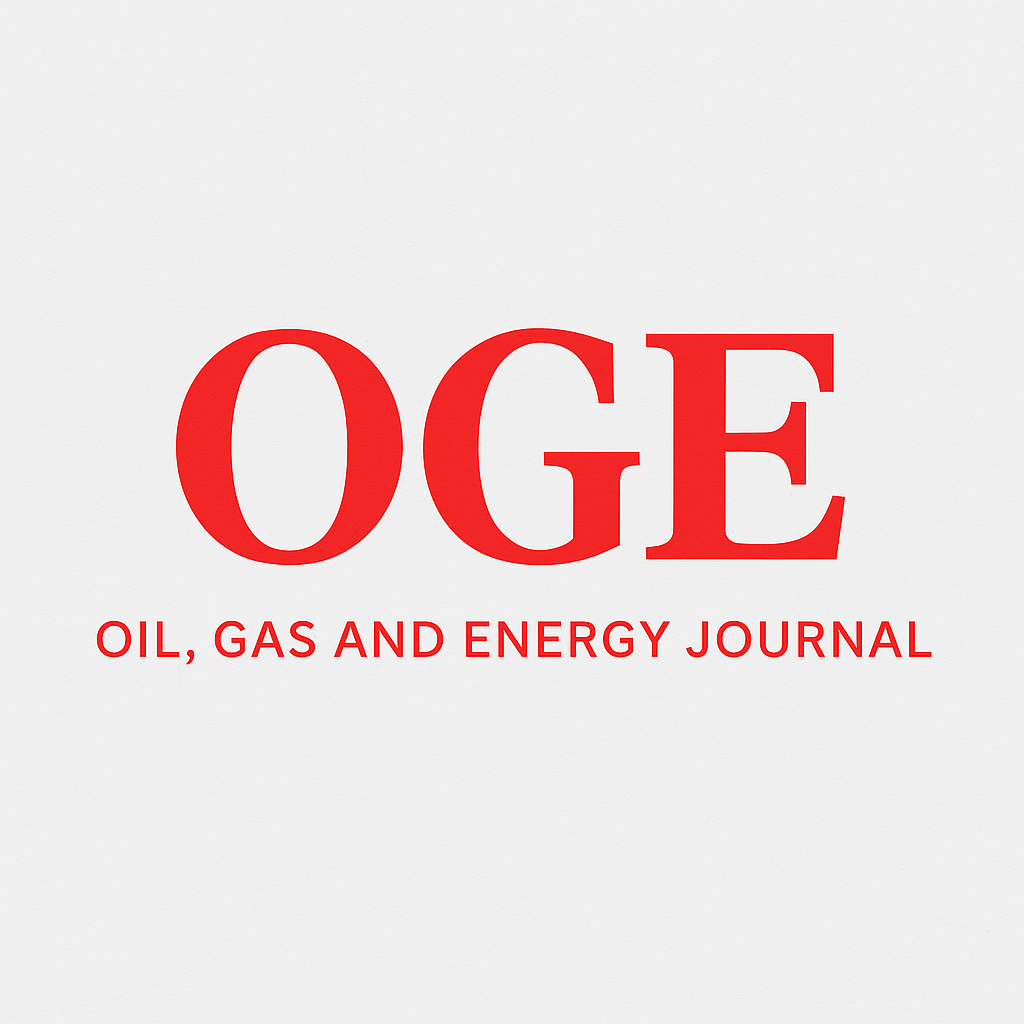Libya has opened its doors to major international oil companies in a fresh round of exploration licensing, the first since the country was plunged into conflict in 2011. Energy giants like Chevron, TotalEnergies, Eni, and ExxonMobil are among 37 firms expressing interest in securing rights to 22 oil blocks, both offshore and onshore, according to the state-run National Oil Corporation (NOC).
NOC Chairman Massoud Seliman, speaking in Tripoli, said the response has been robust, with nearly all prominent oil firms looking to re-enter the Libyan market. The final agreements are expected to be signed by the end of 2025.
This marks a potential turning point for Libya’s oil industry, which holds Africa’s largest proven reserves but has suffered from over a decade of instability, divided governments, and damaged infrastructure.
Libya currently produces about 1.4 million barrels per day (bpd), but the NOC aims to increase this to 1.6 million within a year and reach 2 million bpd before 2030 exceeding the country’s record production under Muammar Qaddafi in 2006.
To support this target, the NOC is seeking approval for a $3 billion budget to ramp up development. Funds would support ventures like Akakus Oil Operations which runs the country’s biggest field, Sharara and Waha Oil Company, which plans to more than double its capacity to 800,000 bpd with projects like the North Jalo field.
Under the new bidding terms, companies will cover initial exploration costs, such as seismic work, but can recover those expenses if commercial oil or gas is found.
Some firms have already resumed operations. Repsol restarted exploration in the Marzuq Basin earlier this year, while bp, Eni, and OMV resumed drilling in 2024 after a decade-long pause.
Despite Libya’s oil wealth, the country still relies on imported fuel due to limited refining capacity. A controversial crude-for-fuel exchange was recently halted, leading to temporary shortages and arrears of over $1 billion. The NOC has since paid off some of its debt and received 20 billion dinars ($3.7 billion) for fuel imports this year though more funding might be required to meet demand.
